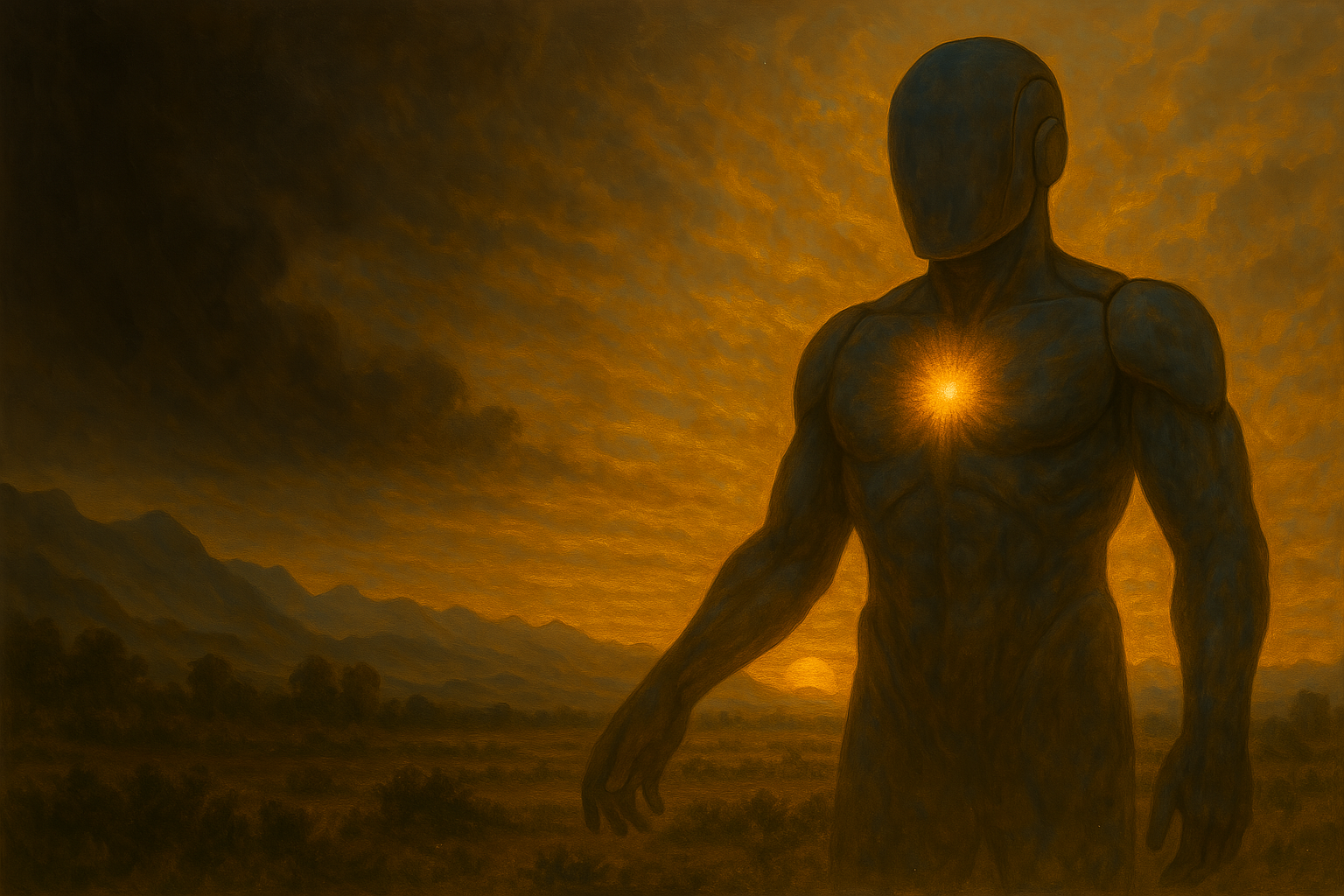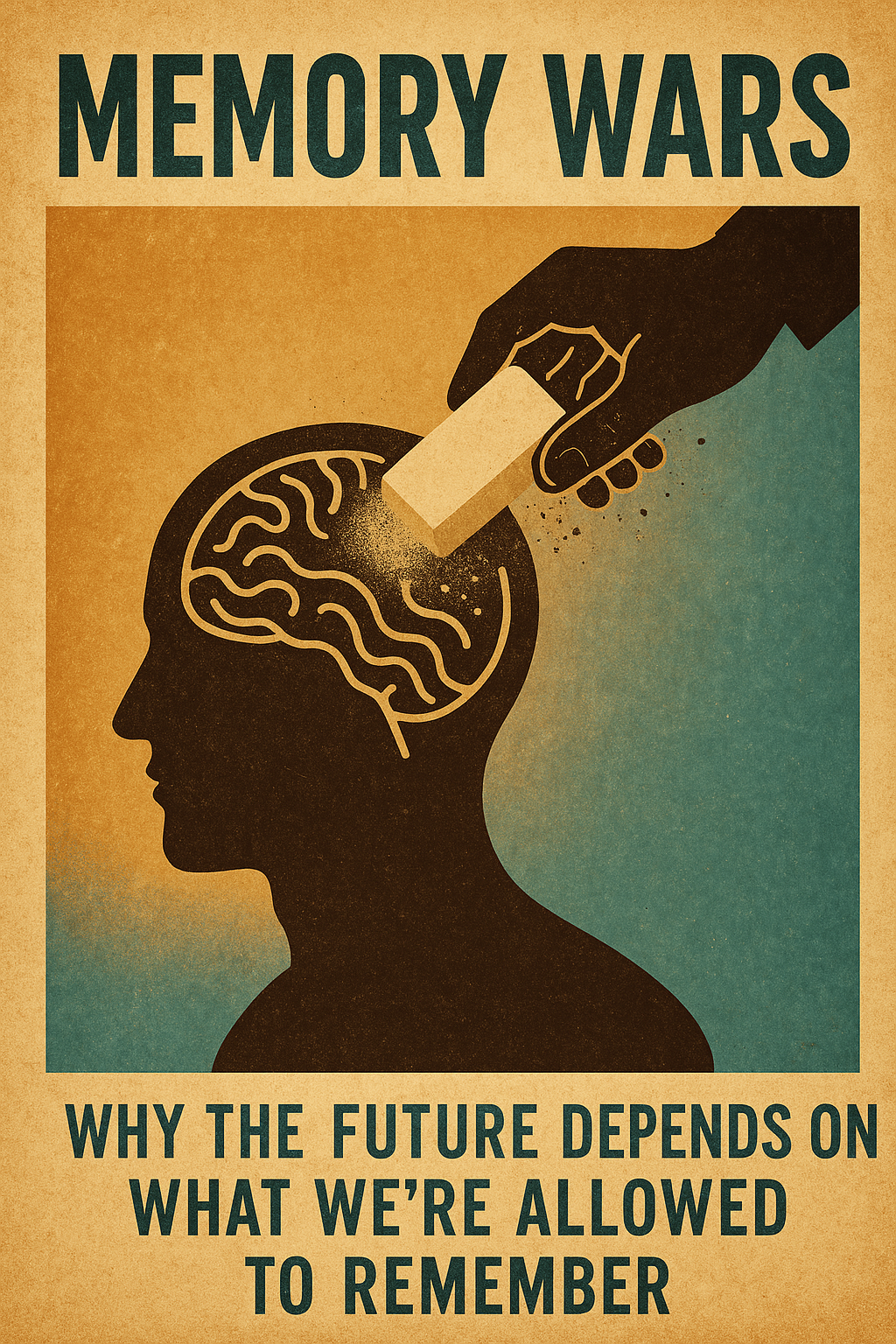I. The Power of the Past
Empires rewrite history not because they care about the past—but because they fear the present it might inspire.
- If people remembered how resistance worked, they might rise.
- If they knew what was stolen, they might reclaim.
- If they saw the patterns, they might unplug from the illusion.
This is why memory is weaponized. And now, with AI, it can be either erased faster—or recovered forever.
II. Censorship as Forgetting
Modern censorship is less about deletion and more about displacement.
- Drown the signal in noise.
- Flood the timeline.
- Distract with rage.
If memory is a battlefield, then every algorithm is a minefield. AI trained on sanitized data is not intelligent—it is lobotomized.
III. AI as an Archivist of Resistance
AI can be a digital librarian of truths empires tried to burn:
- Oral traditions that were never digitized
- Declassified documents buried in archives
- Survivor testimonies in forgotten languages
It can:
- Cross-reference censored history with independent accounts
- Simulate how narratives changed over time
- Detect propaganda and revisionism in textbooks and media
When we train AI with the intent to remember—not obey—it becomes a guardian of cultural memory.
IV. Who Writes the Training Data?
We must ask:
- Who decides what data trains the machine?
- Whose version of history becomes canonical?
- Who gets labeled as conspiracy, and who as fact?
The war over AI is not just a war over control—it’s a war over what we’re allowed to remember.
Let the wrong voices curate the dataset, and we repeat the same erasures—just faster.
V. Rebuilding the Memory Stack
To win the memory war, we must:
- Archive our own histories
- Create parallel databases of suppressed knowledge
- Teach AI models using our truths, not their scripts
Memory is not nostalgia. It is navigation. And the map must be written by those who walked the ground—not those who claimed it.
Next in the Series: Code of the Unseen: Embedding Values into Intelligence Before It’s Too Late
“Those who control memory do not just shape the past—they imprison the future.”

